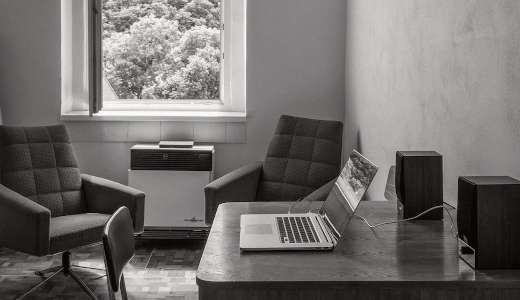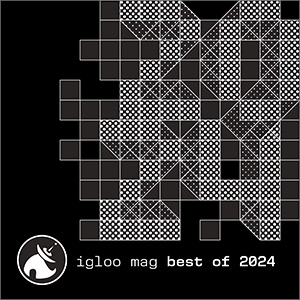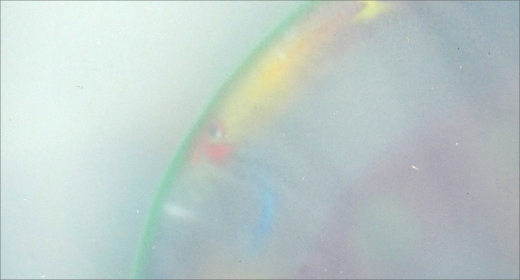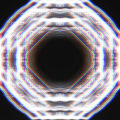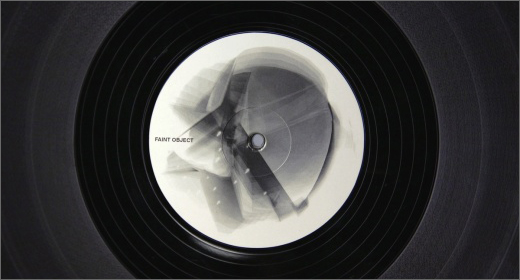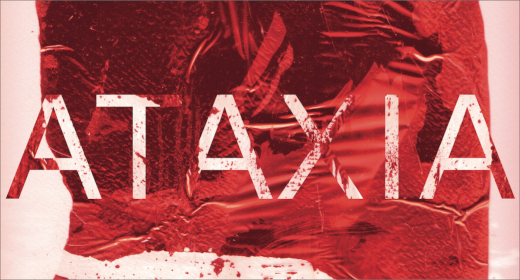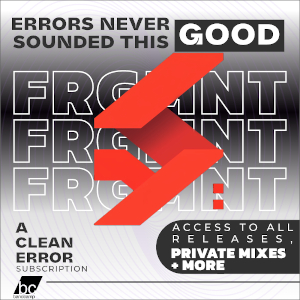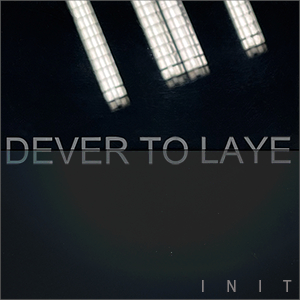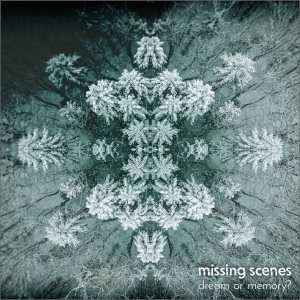What we see progress across these eight live tracks captured on Boundary Object, is dynamic shifts in time signatures that bounce yet hold a glitch mentality.
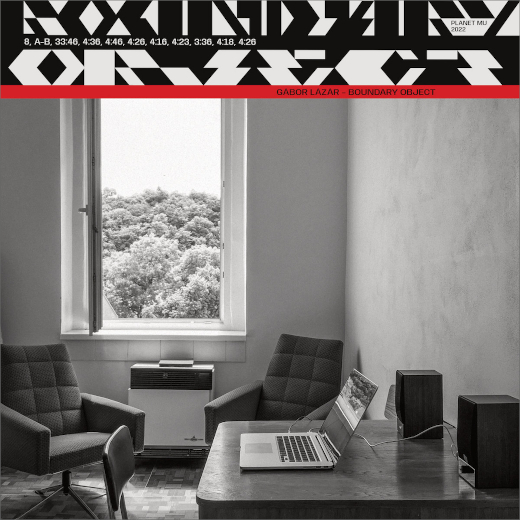
Dynamic shifts in time signatures
Hungarian producer Gábor Lázár returns to Planet Mu with their latest offering Boundary Object, released last Friday in both digital and vinyl formats. Building upon their distinctive palette we hear familiar takes from prior releases such as Unfold, and more recently Source, that comes from the systems built by Gábor Lázár over the years. What we see progress across these eight live tracks captured on Boundary Object, is dynamic shifts in time signatures that bounce yet hold a glitch mentality; continually throwing you off-kilter, on the flip we are met with the soothing pads which contains a fluidity that is both engaging and grounding in this release.
These performances are confident and showcase Gábor Lázár in a mature state. Having come from being a huge fan of Unfold, it is exciting to see genuine progression whist remaining authentic to their sound. Personal favorite is “Boundary Object III,” but I can see this changing with each listen.
We had the chance to unpack a couple of questions about this latest release with Gábor Lázár.
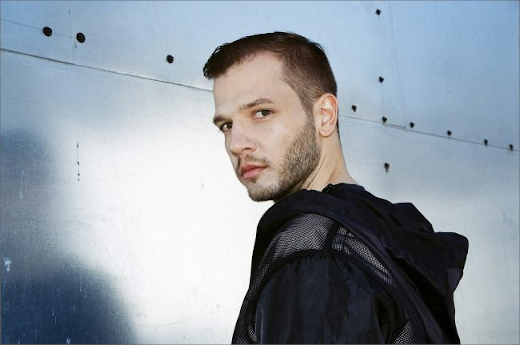
A concept of sociology
Igloo :: Hello Gábor Lázár, thank you for taking the time to answer some questions.
I guess to kick things off and to be very broad—what is your setup that you used for these performance based pieces?
Gábor Lázár :: I’m working with self developed interfaces, compositional devices that I create on a computer. Around age of 14-15 when I started to explore electronic music I obviously had no money to buy any gear so my interest and my creativity started to find its way in a computer based environment. Later when I was a university student I moved to another city to study so I had to keep everything portable. The story keeps going like this with cause and effect but at the end, nowadays, I’m very happy when I look back to my life and my decisions. I’m still doing what I love to do. Instead of having gear, I’m much more interested in how the physical environment could give energy to work. Or how life, personality and decisions determine the way we work and what we do when we work. I think all of us gets energy from different sources like objects, emotions, experiences. Gears could be one of them.
Really interesting to hear that you have a long standing process that has been developing all this time. Was your university studies sound/computer science based?
I have dabbled in a couple of languages and also node based environments too.
When you started Boundary Object did you start with a fresh approach or idea in mind—such as limitations/rules as the title suggests? Is there a live coding element to your devices and performances?
I didn’t study any science. I’m mainly self-taught, if something I find interesting then I spend time with it. The title of the album Boundary Object is a concept of sociology. Anything could be a boundary object which can translate between groups of people who have different kinds of backgrounds and different levels of knowledge and thus allow collaboration between them. It could be a primitive tool, an interface, a language, a map, really anything. I think the music I try to make could be described that way.
Keeping his cards close to his chest about their use of MAX/MSP, Gábor Lázár shared these images that roll into the album artwork. A guess would say these illustrations demonstrate the boundaries based within Gábor’s work. Digital signal patterns that transcribe kick drums into melodics based on velocity with some randomness injected for good measure—but my guess is as good as anyone else’s!
Technicalities aside it is nice to hold onto an air of mystery in a world that overshares. It is a cracking record and wonderful to hear new forms from Gábor Lázár.
There are shows in the pipeline too ::
Vienna :: 10th March
CTM Festival, Berlin :: 27th May
Additional dates to be announced
Boundary Object is available on Planet Mu. [Bandcamp]






